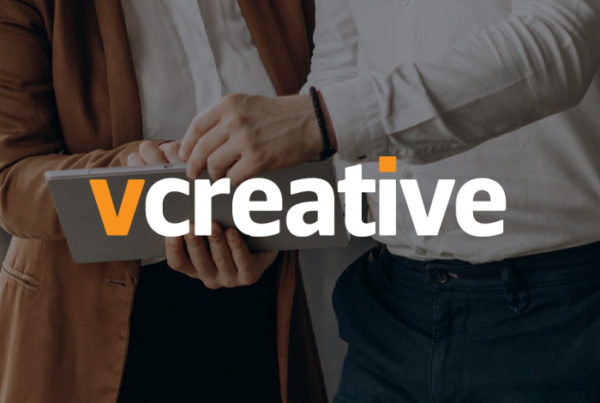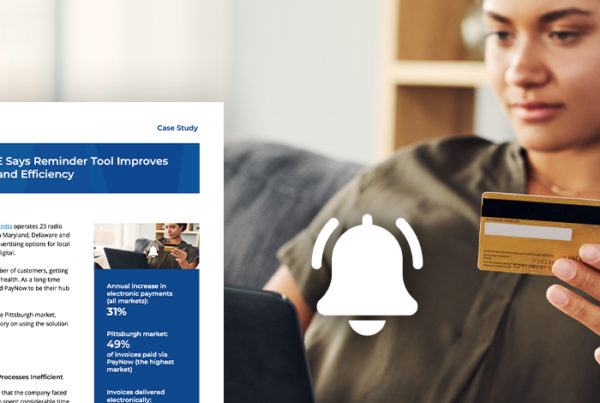Local media sellers often feel like David in their battle against larger national ad agencies when competing for larger companies’ digital budgets. Many don’t even pursue those organizations, as they think they can’t possibly capture the attention of these advertisers. However, being bigger has little to do with being better. Agencies may have scale and more resources on their side, but you’ve got the most valuable differentiator — local expertise.
Before you discount going after higher-dollar deals, try these tips and strategies that can give you the advantage.
Your VBR Should Focus on the Value You Bring
To start the conversation with an organization, you need a compelling valid business reason (VBR). Take some time on this by researching the company’s digital footprint and ad tactics. Then, start the contact by revealing some observations followed by some tangible advice. This kind of statement makes a difference in getting the meeting.
Large agencies often don’t bother with the details. They are simply regurgitating whatever they’ve been doing for companies in that industry or region. Being transparent and open about how companies can improve their ROAS (return on ad spend) can break the ice.
Build a Relationship Based on Listening and Asking the Right Questions
A relationship is the foundation for winning deals, no matter the size. You can do this strategically and genuinely by listening and asking the right questions. Take a sincere interest in the decision maker and the organization. Start things off with, “What’s your story?” Listen actively to the answer. It can tell you so much more than any other research tactic.
The next part of the conversation should include direct questions that will build your CNA (customer needs analysis), such as:
- What’s the most profitable part of your business?
- Who are your competitors?
- What’s your “place” in the local market?
- What’s your competitive advantage?
- Who is your audience, and what do they need?
With this valuable information, you can deliver a more personalized proposal for digital advertising to meet their goals. While this seems like a no-brainer, agencies often fall short of taking an interest in their clients.
Success Stories Are a Great Hook
The power of sharing success stories through advertiser case studies makes a big impact and demonstrates expertise. If you don’t currently have any case studies, make it a priority to develop some that highlight how a strategic campaign drove positive results. Agencies have case studies too, but they aren’t usually local-focused, and they tend to make themselves the star of the show. A better case study presents a story that puts the advertiser in the spotlight while you’re in a supporting role.
Reporting and Analysis Can Be Critical Differentiators
With bigger digital budgets comes the pressure to ensure companies know the outcomes of their spend. They want the details to calculate how the campaign added to their sales pipeline and revenue. Digital advertising analytics is another area for you to differentiate your offerings. Agencies are notorious for delivering overly complex reports to customers with little context. As a result, many businesses have no real way to connect the dots.
Reporting can be simple and enlightening. You want to present the key metrics from the campaign with context. You can also go beyond the standard data with a platform that provides transparent reporting. Highlight things like which creative, geofenced areas, locations and keywords performed the best. Additional items to relay include how people are viewing the ad by device, what websites delivered the best CTR (click-through rate), and overall campaign pacing relating to impressions.
Advise the prospective client that you’ll schedule a time to review campaign performance while it’s running and immediately afterward. Tell them what to expect from these check-ins and that you’ll be able to focus on optimizing and improvement, not vanity metrics.
Tapping into New Markets: You Can Offer More Solutions
Large agencies may seem invincible and can beat you regarding the availability of solutions. That’s not always the case, especially for restricted categories like cannabis, CBD, gambling, alcohol and political. Agencies’ ability to serve these advertisers depends on their DSP (demand-side platform) and its rules. Also, just because it’s legal to advertise a product doesn’t mean it’s permissible by DSPs. Instead of offering these customers more digital options, they may revert to keeping them in the out-of-home and print market, which isn’t always the best investment since returns are hard to calculate.
You have an in here when you can sell digital advertising to these businesses with the right third-party digital platform. For example, with Marketron NXT, you can sell and execute ads for all these categories compliantly and with targeting. It’s also all measurable, so they know how ads impact the website and foot traffic.
Never Underestimate the Power of Your Local Expertise
Does being local matter when competing for larger budgets? Yes, it can for several reasons. First, you’re available to meet in person to discuss goals and campaigns. Being there can mean a lot to companies. Most agencies, unless they’re in your city, are sticking with virtual meetings.
Second, for campaigns that focus on local consumers — recruitment, in-store purchasing, events, health care, etc. — you have the upper hand because you’re a local expert. An agency can only make assumptions, while you’re a part of the community.
Third, local expertise even matters when companies want to advertise outside your city or state. Bigger digital budgets often mean a larger audience, but that won’t be a problem. You have the tools to geotarget and geofence any location to help advertisers reach more people. Your local expertise is the framework for how you can develop campaigns in other areas through advanced targeting and segmentation.
Final Thoughts on Competing for Bigger Budgets
Overall, your approach should be consultative and different from an agency’s. You don’t have to be disparaging to agencies to do this. Asking questions about the advertiser’s current workflows and experiences pulls back the curtain. Listen to the customer to understand the root of their dissatisfaction. In these moments, you can assert your capabilities as a local expert who isn’t there to sell a campaign but is genuinely invested in its success.






